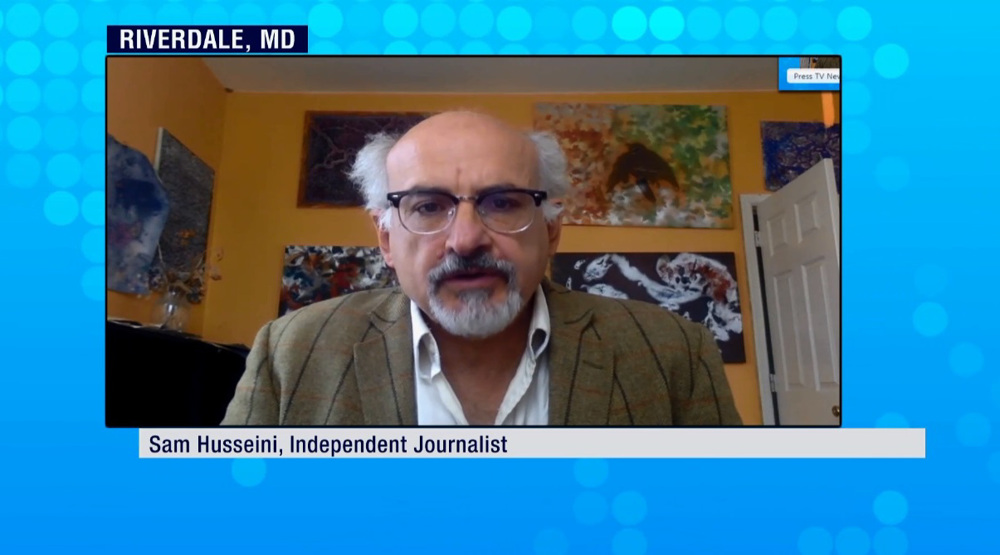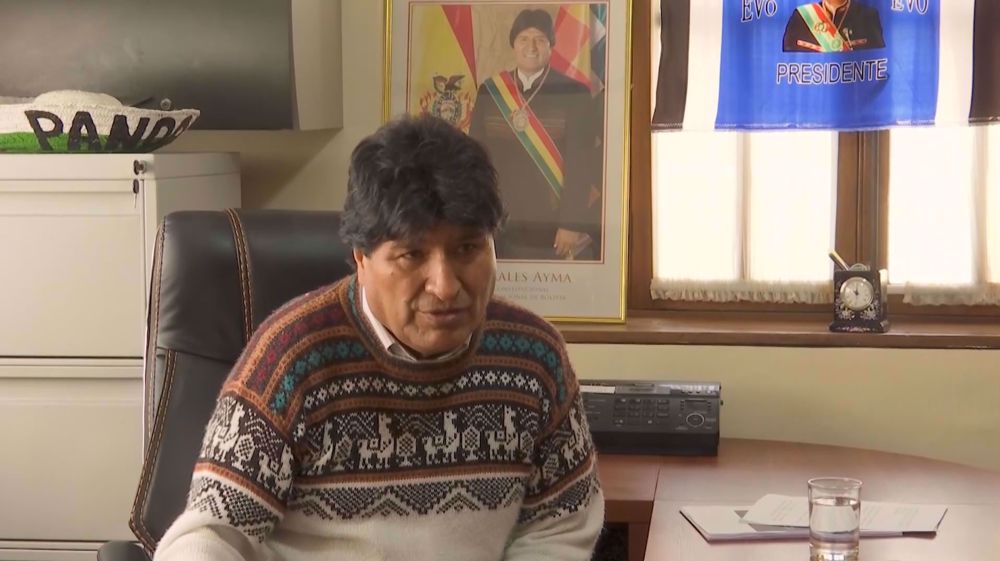Imam Hussein movement associated with empathy: Academic
Press TV has conducted an interview with Dr. Seyed Mohsen Fatemi, an Iranian psychologist and university professor, to discuss the mourning rituals on Arba’een, the 40th day after the martyrdom of the third Shia Imam, Imam Hussein (AS).
The following is a rough transcription of the interview.
Press TV: You know when we take a look at these images, they are moving images and given the fact that millions of people have attended this ceremony, these images are showing their unity and their peaceful coexistence. It is quite a different image that the West has of Muslims. So how important is Arba’een in terms of message that it can send out to the West?
Fatemi: This is opening of a new chapter in terms of psychological implications for the world as it emphasizes and underlines the cognitive and effective components of religiosity and spirituality. It provides people with a new understanding of how religiosity and spirituality can be a motivational force in developing awareness and also it can serve as a liberational-emancipative force to help people understand their interpersonal and intrapersonal aspects. It offers then the sense of responsibility, accountability and it also develops a sort of global mindfulness for the strength of spirituality as a strong force in motivating people to understand themselves and their positions in world.
Imam Hussein’s movement is not only a movement of awareness is not a movement just of emotional components, but it also so comprehensively provides everybody with multi-faceted aspects. It is so comprehensive in terms of its quintessential power, in explicating the possibility of living in the world way beyond the superficial and utilitarian aspect. This is something that is providing people with a new chapter because it helps everybody understand how powerfully and strongly they can move on with the liberational aspects of Imam Hussein’s movement. It also facilitates the process of self-actualization in terms of spiritual development, emotional development and everything else in terms of sublimity of human beings.
In our world today, the language that people are subscribed to is mostly the language of utilitarianism and consumerism, but Imam Hussein’s movement allows everybody to understand that life is not going to be just subsumed in terms of this quotidian manifestation; it is going to be beyond this. So there is a transcendental aspect of life and this is of great significance in terms of its implications for both the interpersonal and intrapersonal levels.
Press TV: At the same time you have another group out there that is presenting a very distorted picture of Islam, namely this Daesh Takfiri terrorist of which many are blasting them for the way that they have twisted Islam to achieve their goal whatever they maybe. How can this really bad image of Islam be resisted and pushed back?
Fatemi: A True Islam is epitomized, crystallized and manifested through the movement of Imam Hussein, is associated with compassion, graciousness, benevolence, understating, rapport, empathy and kindness. Through Islam, as manifested and crystallized in the action of Imam Hussein and his disciples, is always brimmed with an understating of human values and understanding of human responsibility; it does not have any extremism involved; it is a language based on compassion, based on understanding, the role of responsibility in helping people to take it upon themselves to grow and develop. It is a language of understanding; it is a language of compassion; it is a language of graciousness; it is not a language of force; it is not a language of coercion, it is not a language of manipulation.
What you see in the world as misrepresentation of Islam has got nothing to do with true, pristine and authentic of Islam because Imam Hussein’s movement itself proves, corroborates and substantiates that genuine Islam is always associated with a true understanding of human values and those values cannot be epitomized unless you would have a comprehensive, a quintessential wholeness of gracious and compassion. So it is so safe to say that Imam Hussein’s movement is a compassion-based movement brimmed with multifarious possibilities of human growth, human development, and human transcendent.
Press TV: We have a country like Saudi Arabia; this is a kingdom and a regime by some respects that has been given the title of the custodian of two holiest places in Islam, namely Mecca and Medina and at the same time they are also, by some accounts, misrepresenting Islam by the support that has been stated that they have given to these terrorist groups one form or another. How can that be extracted so that Muslims are not, in any shape or form, misguided?
Fatemi: You know according to a lot of research and documentation, there are at least 44 verses in Holy Quran that call for contemplation, reflection, reflexivity, understanding, fathoming the layers of life and as a result of that Islam is a religion of contemplation, is a religion of thoughtfulness, is a religion of understanding and is a religion of cogitation. It is a religion that invites everybody to have reflexivity, to have contemplation in multifarious aspects of life and as a result of that one can explore how distorted and misrepresented are those factions or groups that are, by the name of Islam, misusing and abusing the implications of Islam in our world today.
Iran: Violent crackdown will not silence pro-Palestine protesters in US
US announces $6 billion military aid for Ukraine amid massive strikes
VIDEO | Pro-Palestine demos spread to Europe as students occupy campus in Paris
Two Palestinians killed by Israeli forces in West Bank
VIDEO | Islamabad rejects US report on rights practices in Pakistan
VIDEO | Yemenis endorse naval forces' attacks on Israeli-linked ships
VIDEO | New national transport strike hits Italy
US to pull out troops from Chad in second African state withdrawal














 This makes it easy to access the Press TV website
This makes it easy to access the Press TV website